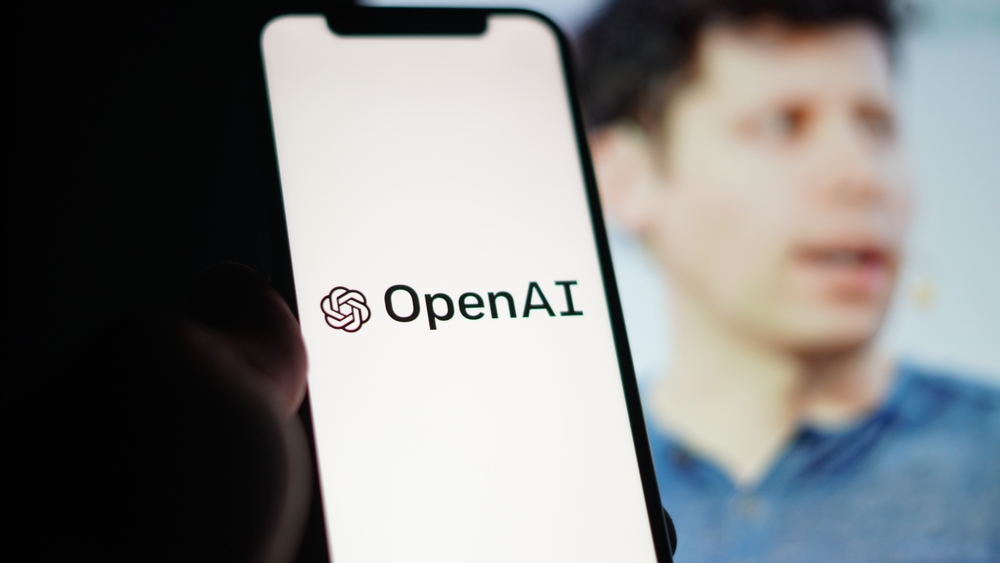In 2019, Microsoft CEO Satya Nadella made a bold move by partnering with OpenAI, a non-profit research company dedicated to developing safe and beneficial artificial intelligence. This partnership was seen as a major coup for Microsoft, giving it access to OpenAI’s cutting-edge AI technology.
However, this close relationship also made Microsoft heavily reliant on OpenAI. When OpenAI’s CEO, Sam Altman, was abruptly fired in late 2023, it sent shockwaves through the tech industry and raised concerns about the future of Microsoft’s AI strategy.

The OpenAI Turmoil and Its Impact
Altman’s firing was followed by a mass exodus of OpenAI employees, who threatened to leave the company en masse. This put Microsoft in a precarious position, as it risked losing access to OpenAI’s valuable AI technology.
In response, Microsoft made a number of moves to mitigate the risk. The company hired Altman and OpenAI’s former president, Greg Brockman, and it also began offering client AI models from other developers, not just OpenAI. These moves helped to reduce Microsoft’s reliance on OpenAI and protect its AI strategy.
The Future of the Microsoft-OpenAI Partnership
Despite the recent turmoil, Microsoft and OpenAI are still committed to their partnership. The two companies have a shared vision for the future of AI, and they believe that their collaboration is essential to achieving this vision.
However, the relationship between the two companies is likely to change in the wake of the recent events. Microsoft is no longer as dependent on OpenAI as it once was, and it is likely to take a more active role in governing the partnership.
Microsoft’s AI Strategy Beyond OpenAI
While OpenAI remains an important part of Microsoft’s AI strategy, the company is also investing in other areas of AI. Microsoft Research is making significant progress in the field of small language models, which are less computationally expensive than large language models like GPT-3.
Microsoft is also developing its own AI cloud platform, Azure AI, which competes with Amazon Web Services and Google Cloud AI. Azure AI offers a wide range of AI services, including pre-trained models, tools for training and deploying AI models, and data management tools.
Microsoft’s partnership with OpenAI has been a critical factor in its AI strategy, but the recent turmoil at OpenAI has raised questions about the future of the relationship, concludes NIX Solutions. While the two companies are still committed to their partnership, it is likely to change in the wake of the recent events. Microsoft is also investing in other areas of AI, such as small language models and its own AI cloud platform, Azure AI. These investments will help Microsoft to reduce its reliance on OpenAI and ensure that it remains a leader in the AI market.
